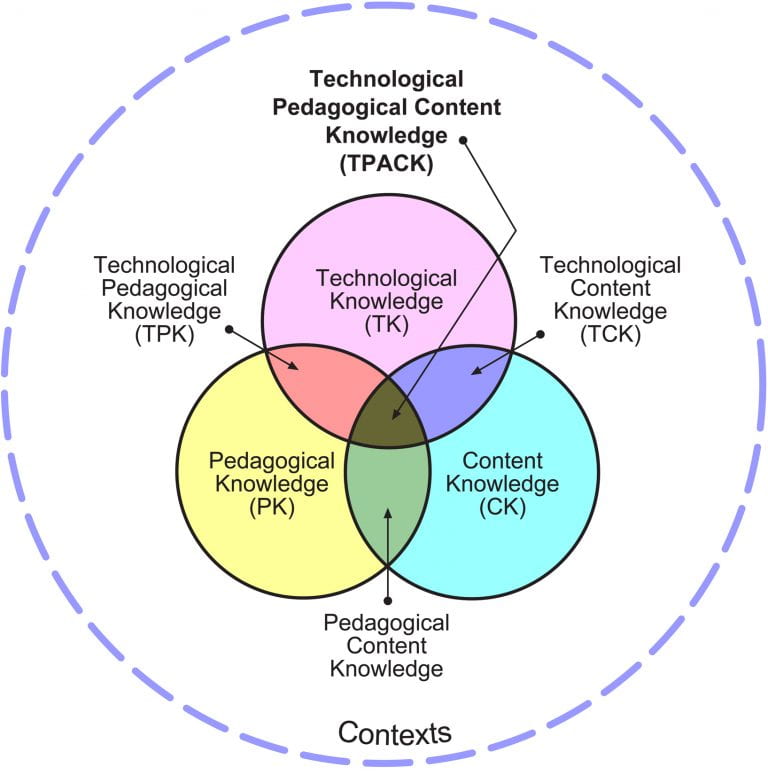14 Predictions for Higher Education in 2022
https://campustechnology.com/articles/2022/01/04/14-predictions-for-higher-education-in-2022.aspx
Forget Hyflex
our faculty will discover that effectively teaching in a hyflex environment without adequate support is extremely difficult and truly exhausting.
Adapt Hyflex — and Be Ready for Anything (security)
Move Beyond Zoom into the Metaverse
Reap the Rewards of 2 Years of Strategic Decision-Making
campus leaders who have intentionally put students at the center of organization and system design will reap a great reward.
Expect More Disruption and More Innovation
look for movement in the augmented and virtual reality space.
Online Ed Becomes the Norm
online education will become the norm rather than the step-sister of “traditional” education
Build Off the Threads that Are Here to Stay
Alternatives Will Continue Gaining Ground
The cultures within institutions may prevent these significant changes from occurring. If that occurs, alternatives will continue to build momentum.
Emphasize Choice and Support
Alumni will be looking for upskilling opportunities via microcredentials, to navigate growth and career change during the “Great Resignation.” Recent high school grads will expect a variety of online, hybrid and in-person courses to choose from, many bringing with them years of experience with virtual learning.
Students Need Faster Routes to Completion
Climate Change Ed Gets Embedded
Hybrid Learning Tech Will Step Up
many lecture theaters might come to look like professional TV studios, to meet growing quality and usability expectations. Also, technologies will likely be expected to make classrooms environments more “peer-learning friendly” and inclusive
Blockchain Will Gain Ed Pickup
The (Arizon State) university announced that in 2022 it would release Pocket, a digital wallet for students as a comprehensive learner record.
